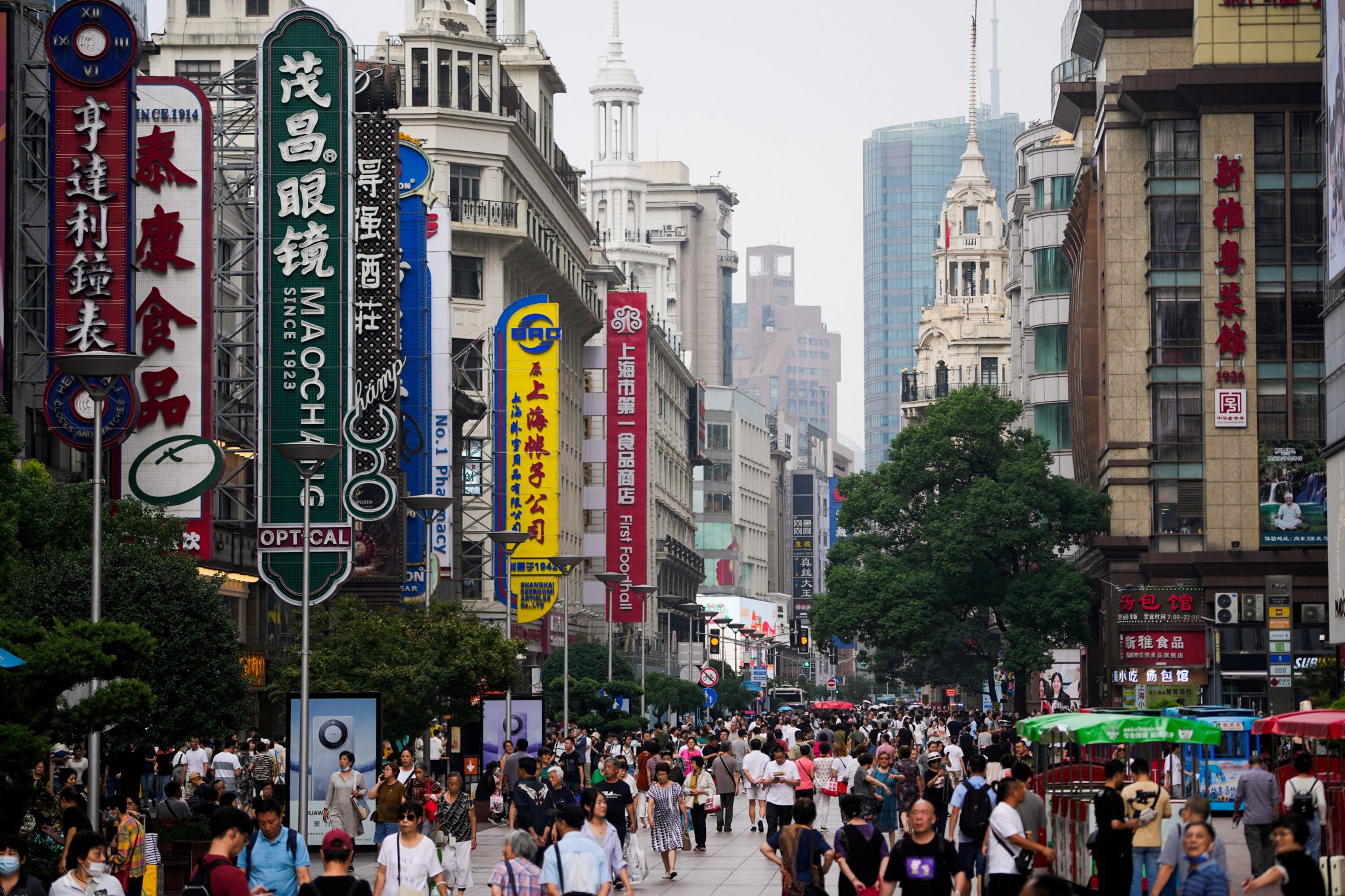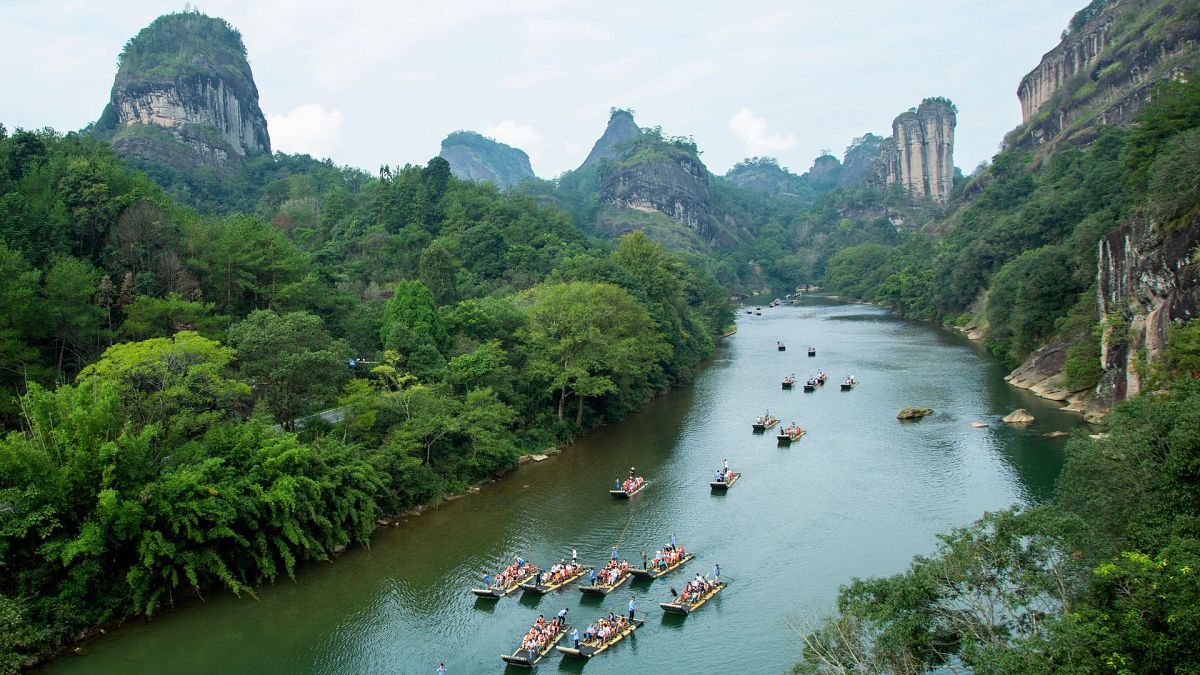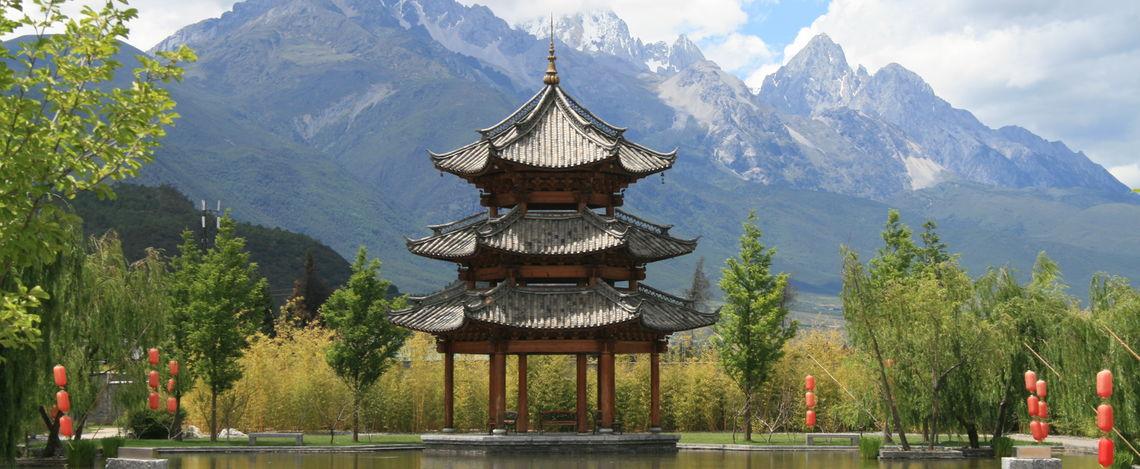China’s Evolving Role on the Global Stage: Opportunities and Challenges
Introduction:
China, with its rich history and rapid economic growth, has emerged as a global powerhouse in recent decades. Its influence spans across various domains, from trade and technology to geopolitics and culture. However, this ascent to global prominence has not been without its complexities and controversies. This article explores the multifaceted nature of China's role on the global stage, examining both the opportunities it presents and the challenges it faces.
Economic Ascendancy:
China's economic rise has been nothing short of remarkable. Since the implementation of economic reforms in the late 20th century, China has transformed itself from a largely agrarian society into the world's second-largest economy. Its manufacturing prowess, fueled by a vast labor force and significant investments in infrastructure, has made it the "factory of the world." China's economic expansion has not only lifted hundreds of millions of its citizens out of poverty but has also reshaped the global economic landscape.
Trade and Investment:
China's integration into the global economy has been facilitated by its participation in international trade and investment. The country's massive market has attracted businesses from around the world seeking opportunities for growth and expansion. Additionally, China's Belt and Road Initiative (BRI), a global infrastructure development strategy, aims to enhance connectivity and promote economic cooperation across Asia, Africa, and Europe. While the BRI offers the potential for mutual benefits, it has also sparked concerns regarding debt sustainability, environmental impact, and geopolitical tensions.
Technological Innovation:
China has rapidly emerged as a leader in technology and innovation. The country's investments in research and development have yielded breakthroughs in areas such as artificial intelligence, biotechnology, and renewable energy. Chinese tech giants like Huawei, Alibaba, and Tencent have become global players, challenging established Western firms and reshaping the digital landscape. However, China's technological advancements have raised concerns about intellectual property theft, data privacy, and cybersecurity, leading to tensions with other countries, particularly the United States.
Geopolitical Ambitions:
China's growing economic and technological clout has been accompanied by a desire for greater geopolitical influence. The country's assertive stance in territorial disputes in the South China Sea, its expanding military capabilities, and its increasing involvement in global governance institutions reflect its ambition to shape the international order. However, China's rise has also generated anxieties among its neighbors and other major powers, leading to geopolitical rivalries and strategic competition.
Human Rights and Governance:
Despite its economic achievements, China continues to face criticism over its human rights record and governance practices. The Chinese Communist Party's tight grip on power, censorship of dissenting voices, and suppression of ethnic and religious minorities, notably in Xinjiang and Tibet, have drawn condemnation from the international community. Moreover, China's authoritarian model of governance and its growing influence in global institutions pose challenges to liberal democratic values and norms.
Environmental Sustainability:
China's rapid industrialization and urbanization have come at a significant environmental cost. The country faces severe air and water pollution, deforestation, and habitat destruction, jeopardizing public health and ecological stability. Recognizing the urgency of addressing these challenges, China has made commitments to transition towards a more sustainable development model, including investments in clean energy, emissions reduction targets, and efforts to combat climate change. However, achieving environmental sustainability remains an ongoing struggle amid competing economic priorities and entrenched interests.
China's rise as a global power presents both opportunities and challenges for the international community. Its economic dynamism, technological innovation, and infrastructure investments offer prospects for shared prosperity and cooperation. However, China's assertive foreign policy, human rights violations, and environmental degradation raise concerns about the sustainability and inclusivity of its development model. As China continues to navigate its evolving role on the global stage, dialogue, engagement, and cooperation will be essential in addressing common challenges and fostering a more stable and prosperous world order.
Partnerships and Diplomacy:
Amidst the complexities of its rise, China has actively engaged in partnerships and diplomacy on the global stage. Through initiatives like the Shanghai Cooperation Organization (SCO), the BRICS group (Brazil, Russia, India, China, and South Africa), and the Asian Infrastructure Investment Bank (AIIB), China has sought to strengthen ties with other emerging economies and promote regional integration. Furthermore, China's participation in multilateral forums such as the United Nations (UN) and the World Trade Organization (WTO) underscores its commitment to a rules-based international order.
However, China's diplomatic efforts have also encountered challenges, particularly in the realm of soft power projection. Despite its economic influence and cultural heritage, China has struggled to shape a positive global image, facing criticism over issues such as censorship, human rights abuses, and aggressive foreign policies. Efforts to expand its cultural influence through initiatives like the Confucius Institutes have been met with suspicion in some countries, seen as tools for advancing Chinese propaganda and political interests.
Global Leadership Amidst Pandemic:
The COVID-19 pandemic has highlighted both China's strengths and vulnerabilities as a global leader. As the outbreak's epicenter, China faced initial criticism over its handling of the crisis and transparency in sharing information. However, the country's swift response in implementing strict lockdown measures and mobilizing resources to contain the virus earned it praise from some quarters. China's provision of medical supplies, expertise, and vaccines to other countries also showcased its willingness to play a leadership role in global health governance.
Nevertheless, the pandemic has also exposed underlying tensions in China's relationships with other countries, particularly the United States. Accusations of blame-shifting, geopolitical rivalry, and vaccine diplomacy have strained international cooperation efforts, highlighting the need for greater collaboration in addressing shared challenges. As the world grapples with the ongoing impacts of the pandemic, China's role in global health security and economic recovery will be closely scrutinized.
Future Prospects and Challenges:
Looking ahead, China's trajectory on the global stage will be shaped by a multitude of factors, including domestic developments, geopolitical dynamics, and evolving international norms. The country's pursuit of technological leadership, economic diversification, and sustainable development will influence its competitiveness and resilience in an increasingly interconnected world. Moreover, China's ability to navigate geopolitical tensions, build constructive partnerships, and address global challenges collaboratively will determine its standing as a responsible global actor.
However, China also faces significant internal and external challenges that could potentially impede its continued rise. Domestically, demographic shifts, income inequality, and social unrest pose risks to stability and growth. Externally, geopolitical rivalries, trade tensions, and strategic mistrust could undermine China's efforts to foster a peaceful and prosperous regional and global environment. Balancing these competing interests and priorities will require adept leadership, strategic foresight, and adaptive policymaking. In conclusion, China's evolving role on the global stage reflects the complexities of its rise as a major power in the 21st century. While the country's economic dynamism, technological prowess, and diplomatic initiatives offer opportunities for cooperation and mutual benefit, its assertive behavior, governance challenges, and geopolitical ambitions raise concerns about stability and security. As China continues to navigate these dynamics, dialogue, engagement, and multilateralism will be essential in building a more inclusive, sustainable, and peaceful world order.
In conclusion, China's evolving role on the global stage reflects the complexities of its rise as a major power in the 21st century. While the country's economic dynamism, technological prowess, and diplomatic initiatives offer opportunities for cooperation and mutual benefit, its assertive behavior, governance challenges, and geopolitical ambitions raise concerns about stability and security. As China continues to navigate these dynamics, dialogue, engagement, and multilateralism will be essential in building a more inclusive, sustainable, and peaceful world order.

















![[LIVE] Engage2Earn: Save our PBS from Trump](https://cdn.bulbapp.io/frontend/images/c23a1a05-c831-4c66-a1d1-96b700ef0450/1)






































